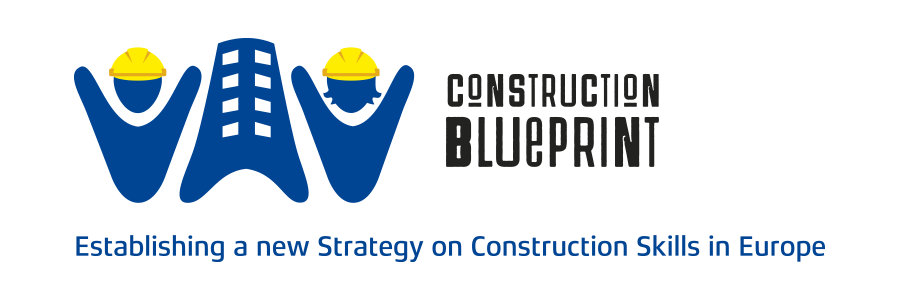In this interview to the Head of Research and Development at the Competence Center for Finishing and Facade at BZB, Flak discusses the influence of social factors on the Construction industry and training in Germany.*
Shortage of skilled workers, recruitment of junior staff or knowledge gaps in the performance of a profession due to increasing demands: The Construction industry has to deal with increasing challenges. The European project “All.Con – Skills Blueprint for the Construction Industry” aims to analyse gaps between training and the skills in demand in companies and to develop initiatives to address them.
In this context, the BZB conducted an expert interview with Roland Falk, Head of Research and Development at the Competence Center for Finishing and Facade, about the influence of social factors on the construction industry and training in Germany.
How can the shortage of skilled workers be overcome? Which measures should be implemented?
Employers in Germany should not rely on immigration of qualified workers to overcome the shortage of skilled workers – even if this offers additional potential. The attractiveness of the construction industry for workers in Germany must increase. These aspects are relevant here:
- Work in the construction sector is no longer as physically challenging as it was in the past. There are machines and tools especially for lifting and moving heavy objects.
- The construction industry must become more attractive for young people: The building trade offers many interesting topics such as sustainability, energy efficiency, design or digitalisation of work processes
How can the attractiveness of the construction industry be increased among female skilled workers?
The focus on physical work is no longer in the foreground – this is an important point when it comes to advertising construction professions among women and girls. Because this was also a main argument for companies not to employ women or train girls.
In addition, other topics will come more to the fore in the future: e.g. construction robotics, automation and digitalisation. These fields could be particularly interesting for women, as they are more about cognitive and less about physical requirements.
In addition, the topics of energy efficiency – ecological fields in the broadest sense – and sustainability in relation to new building materials could be an advantage when addressing female workers. The topic of design, the development of creative solutions, which is increasingly desired by customers, is also very exciting.
How can young female students be inspired for the building industry?
Nowadays many young people in Germany want a profession in which they can take responsibility for their work. The Construction industry offers this opportunity. Many of them do not only want to work in an executive capacity, but also want to take on more extensive tasks that are not limited to a very narrow field of activity.
Everyone has their own learning speed, also due to different school qualifications and previous knowledge. It often depends on this, how fast and well someone progresses in the training. But whether an apprentice learns “faster” or “slower” does NOT show the value of a person or the quality of his work – the construction industry needs both for all work levels and tasks.
How should the orientation in training develop? What should legislators and companies do to shift the focus away from the training pathway (content) and towards training results and individual professionalisation?
Before considering development, it should be stressed that basic knowledge and skills are absolutely necessary to be a qualified specialist in the construction industry. Only if this basic requirement is fulfilled can consideration be given to the further development of the system. From the German point of view, the dual training system is good in its basic features; therefore, a radical or complete change of the system is out of the question. Adjustments can be made to the concept of workplace-based learning, but even digitisation will not change the basic principles of the system.
What are the roles of training centres and companies in minimising knowledge gaps in order to ensure high quality training in the construction industry?
Training centres and companies are in a constant exchange about the skills and abilities required of trainees. The curriculum shows the range of knowledge and skills required to practice the profession. Nevertheless, the curriculum leaves room for interpretation when it comes to regional factors of construction and/or building materials. The trainers in the training centres have the opportunity here to get to know these local and regional differences by talking to the companies and integrating them into their teaching.
Photo: © Roland Falk/private.





